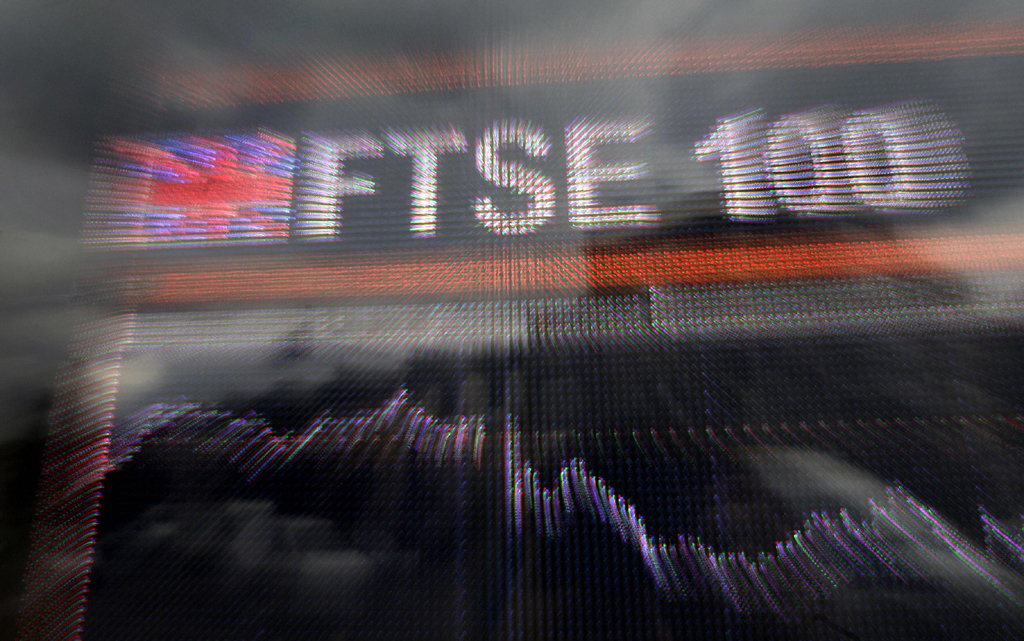 London's FTSE 100 was pushed into the red on Thursday by several heavyweight stocks that traded without dividend entitlement, while gains in gambling firm GVC and trading platform Plus500 helped the mid-cap index outperform.
London's FTSE 100 was pushed into the red on Thursday by several heavyweight stocks that traded without dividend entitlement, while gains in gambling firm GVC and trading platform Plus500 helped the mid-cap index outperform.
The FTSE 100 shed 0.3pc, as worries of an imminent recession also remained after a steep dive in long-term US and UK government bonds yields. The FTSE 250 added 0.4pc by 0736 GMT.
Stocks trading ex-dividend shaved almost 30 points off the FTSE 100, with the likes of Shell, HSBC, Standard Life Aberdeen, Evraz and Phoenix Group all falling.
Both UK indexes had incurred sharp losses in the previous session as investors rushed to sell-off risky assets after 10-year bond yields fell below two-year equivalents for the first time since the financial crisis.
The main index, whose constituents have also been hit by US-China trade worries, hit a more than two-month low on Wednesday and is on course for its worst month in four years. The mid-caps had slipped to their lowest in six months.
"While there may be some bounce as dip buyers test the water, any recovery looks precarious as global risks and macro-economic data show no signs of improving," markets.com analyst Neil Wilson said.
In news-driven moves, online trading platform Plus500 surged 9.2pc to a four-month high after its chief executive officer and some other directors bought shares of the company.
"That directors should buy stock has been a key piece of investor feedback and is therefore notably responsive, especially taken with the recent buyback and new distribution policy," Liberum analysts wrote.
GVC gained 3.7pc after the Ladbrokes owner raised its annual core profit forecast after a better-than-expected performance in its UK retail business in the first half of the year.
Shares of blue-chip consumer goods stocks such as BAT and Imperial Brands eked out gains, suggesting that some defensive buying could be at play.
"While yield curve inversion was a definite sell signal, stocks can have a pump after these events, especially defensive sectors like utilities or consumer staples," Wilson said.



















Comments
Comments are closed.